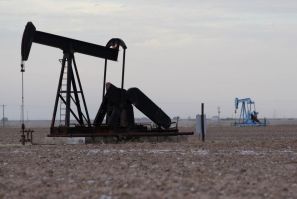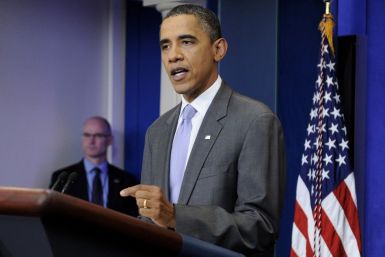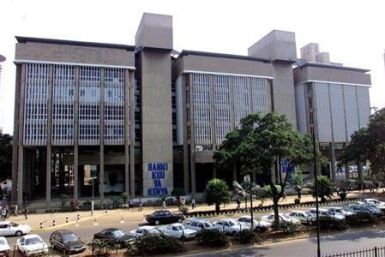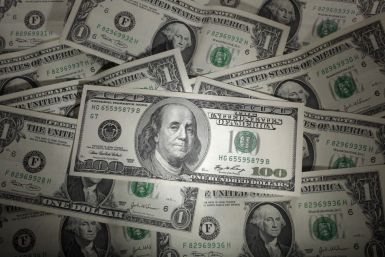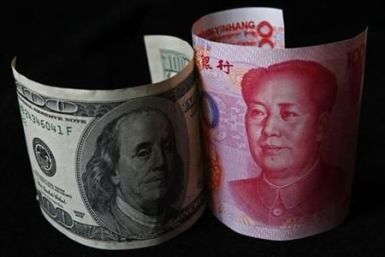With more than 14 million people out of work, consumer spending falling by the day, the GDP growth outlook remaining grim and rising inflation denting confidence of ordinary people, a massive spending cut of more than $2 trillion would be the proverbial last straw on the camel's back.
Japan kept markets on guard for currency intervention and more monetary easing on Wednesday, with the finance minister vowing to stem the yen's rise and the prime minister calling for central bank action to protect the economy.
The Reserve Bank has left the official cash rate on hold, but has expressed concern over rising inflation.
Consumer spending dropped in June for the first time in nearly two years and incomes barely rose, signs the economy lacked momentum as the second quarter drew to a close.
China's central bank has halted offshore yuan borrowing by domestic companies, official media reported, a move seen as an attempt to clamp down on hot money flows at a time when the authorities are still tightening policy to battle inflation.
The TD-MI Monthly Inflation Gauge has indicated a 0.3% rise in July, bringing the year-on-year figure to 3.2%. The result takes inflation above the Reserve Bank's target band of two to three per cent.
Underlying trends suggest that the current bout of high inflation in the United States is likely to be short-lived, San Francisco Federal Reserve Bank researchers said on Monday.
Kenya's monetary policy committee decided to leave its key lending rate unchanged because non-food and fuel inflation were within its target band, its chairman, who is also the governor of the central bank, said on Monday.
Euro zone growth is set to be above its ideal non-inflationary potential rate for 2011 and 2012, but inflation expectations remain anchored, European Central Bank Governing Council member Yves Mersch was quoted as saying.
China pledged to keep to a prudent monetary policy for the rest of the year to combat inflation, which is stubbornly fixed near a three-year high.
China's central bank said it would keep monetary policy prudent for the rest of the year as inflation risks escalating from three-year highs if it takes its foot off the policy brakes.
U.S. gross domestic product (GDP) rose just 1.3 percent in the second quarter and a scant, revised 0.4 percent in the first quarter -- statistics that reveal a U.S. economy that's not only growing at a very slow rate, it's in danger of falling back into a recession.
Yesterday's higher-than-expected inflation figures have prompted a flurry of pleas from the housing industry to leave rates untouched.
There may be a point at which global investors get indigestion from U.S. money printing.
China should gradually make real bank deposit rates positive and continue to use open market operations and bank reserve requirements to slow money supply, an academic adviser to the People's Bank of China said in comments published on Wednesday.
Inflation has seen a slightly higher-than-expected rise, though it still may not be enough to prompt an RBA move next week.
In the face of growing discontent with the economy and almost two weeks of protest over a housing crisis, Prime Minister Benjamin Netanyahu has introduced a series of reforms
For most Americans, talk of a U.S. Government default is a little complex. What the American people really want to know is, assuming the U.S.Government defaults, where should one consider putting a portion of their money? Glad you asked.
Grain prices will likely remain elevated at the end of this year, a Reuters poll showed, providing little relief to food prices while continuing to challenge policymakers battling to tamp down inflation.
Baby Boomers - the size of your Social Security payment may be lowered, if the current mood in Congress prevails. That's because 'Gang of Six' debt deal plan negotiators want to change the inflation/cost of living formula -- a change that would result in smaller annual payment increases for inflation.
There are troubling signs of discontent and frustration among the poor and middle-class.
The Chinese economy is facing the risk of inflation and property price bubble, say IMF economists, though the imminent danger of a major downturn in the property sector has been ruled out.








